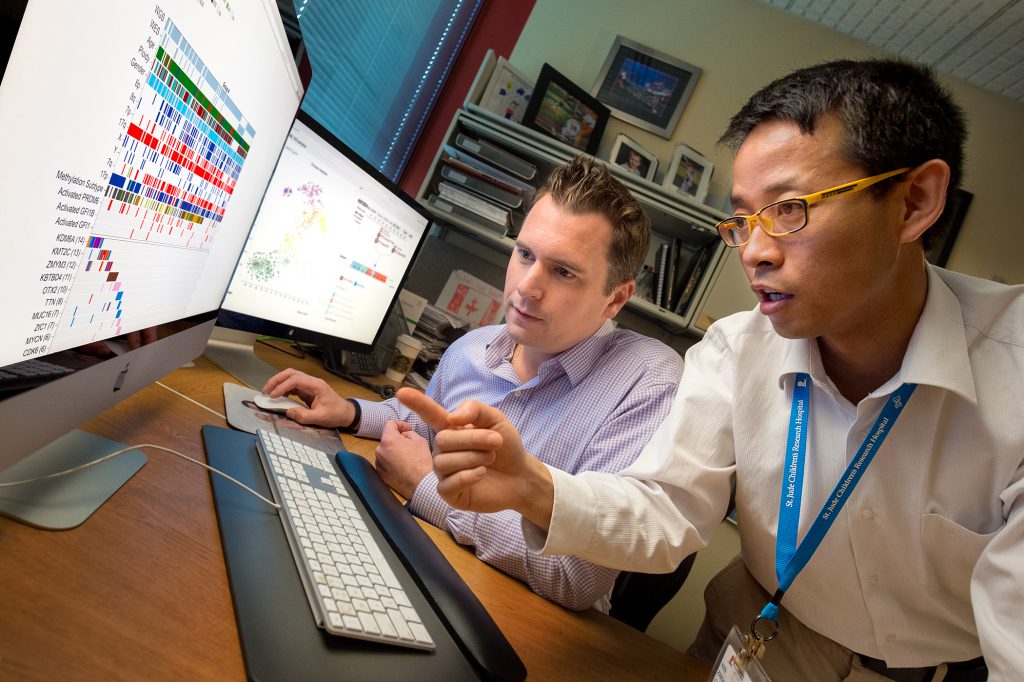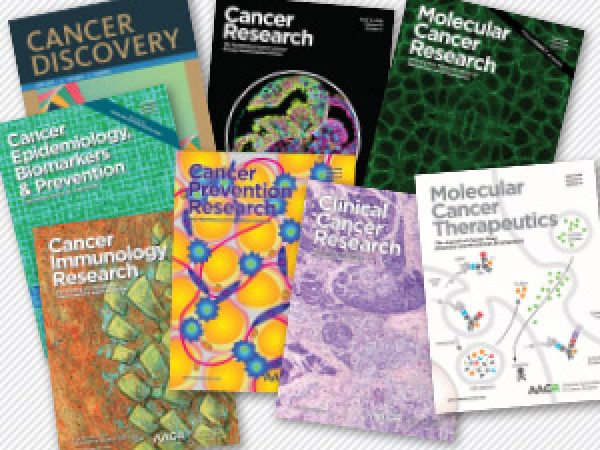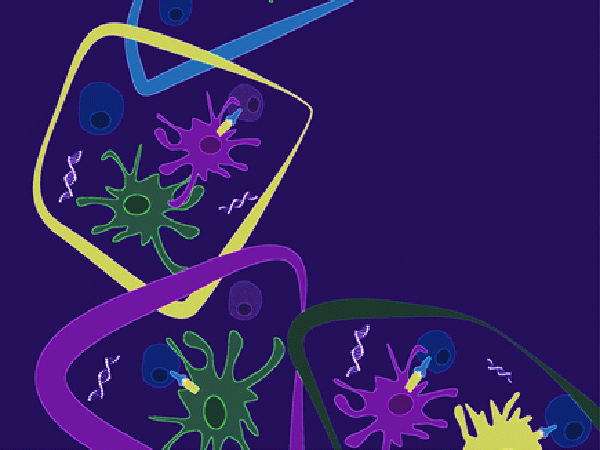NextGen Grant Recipient Harnesses the Power of Genomics to Understand Pediatric Brain Cancer
In 2016, the American Association for Cancer Research (AACR) awarded its inaugural class of recipients of the AACR NextGen Grants for Transformative Cancer Research. This grants program, initiated under the leadership of Carlos Arteaga, MD (AACR President, 2014-2015), was created to support cancer scientists in the earliest stages of their independent research careers. One year since the inception of these innovative projects, one recipient is making important strides toward understanding the idiosyncrasies of a type of brain cancer termed medulloblastoma.
Medulloblastoma is a cancer arising in the region of the brain at the base of the skull. While this tumor type accounts for less than 2 percent of all primary brain tumors overall, it is the most common malignant brain tumor in children, accounting for roughly 20 percent of all malignant childhood brain tumors. The prognosis for the disease varies, with five-year survival rates ranging from 30 percent to 80 percent, depending on the age of onset and whether the tumor has spread beyond the brain.
Paul Northcott, PhD, assistant member at St. Jude Children’s Research Hospital, and inaugural recipient of the AACR NextGen Grant for Transformative Cancer Research, has dedicated his research career to understanding this disease, with the ultimate goal of improving treatment and prognosis for patients.
“Since 2005, my research has been largely focused on unraveling the molecular landscape of medulloblastoma,” said Northcott. After obtaining a Master’s degree in medical genetics, he moved onto a position as a research technologist at the Hospital for Sick Children (SickKids) in Toronto. “I began working for a pediatric neurosurgeon at the Labatt Brain Tumour Research Centre and soon became hooked on studying the genetic basis of childhood brain tumors.” It was this move that Northcott credits for launching his scientific career – just one year after joining the lab at SickKids, he enrolled in a PhD program and devoted his research efforts to improving the understanding of medulloblastoma.
“Over the past decade,” Northcott said, “we have learned that medulloblastoma is not a single disease but rather a collection of molecularly and clinically distinct diseases that fall under the umbrella term ‘medulloblastoma’.” This knowledge has led to the classification of medulloblastoma “subgroups,” characterized by distinct mutational patterns, patient demographics, and clinical outcomes. Northcott emphasizes the importance of this knowledge, gained through extensive genomic studies of medulloblastoma. “We have quite literally changed the way this childhood cancer is studied in the lab and likewise how it is treated in the clinic.”
“Genomics has revolutionized our understanding of medulloblastoma, as it has for most cancer types during the past few years,” Northcott says, “and genomics continues to teach us about the biology of cancer.” Recently, Northcott’s group published an extensive genomic characterization of 500 medulloblastoma patients and discovered multiple new cancer genes in the process. While this progress is exciting, Northcott notes that there is still more work to do.
“In terms of improving treatment for medulloblastoma patients, molecular classification is enabling a more accurate cancer diagnosis, discriminating medulloblastoma patients from children affected by other brain tumor entities,” Northcott says. “However, we still know very little about the molecular basis of cancers that resist current treatments, recur, and ultimately lead to death.”
This is where Northcott has focused his research efforts for his NextGen Grant. “Nearly all medulloblastoma patients that fail current standard-of-care and relapse will die from their disease,” Northcott says. “The studies that I am pursuing as part of this grant aim to comprehensively characterize the genetics of recurrent medulloblastoma and identify molecular mechanisms responsible for treatment failure and resistance.”

Northcott reviews genomic data generated by his laboratory with a colleague at St. Jude Children’s Hospital.
Ultimately, Northcott hopes that this work will lead to the identification of genes and pathways that contribute to medulloblastoma relapse, and will inform the development of more effective therapies to prevent or eradicate recurrent disease. Interestingly, Northcott also notes the broader impact of his work. “Since recurrent disease is a major source of morbidity for most human cancers,” he says, “we expect that the results of our studies will have implications that extend well beyond pediatric brain tumors.”
When asked about the impact that the AACR NextGen Grant for Transformative Cancer Research has made on his career and research program, Northcott expressed both gratitude and enthusiasm to continue this important work. “Being selected as one of the inaugural recipients of the AACR NextGen Grants was a huge honor. This award was my first big grant as an independent scientist and has opened up new opportunities for collaboration and additional funding that would not have been possible had I not received the award.”
For example, in June 2016, Northcott was invited to Capitol Hill to participate in a Congressional briefing focused on the Cancer Moonshot Initiative, an experience he described as “a truly exciting and unforgettable opportunity.”





Hi,
Very informative.Good explanation.Thanks for suggesting links those are very helpful.